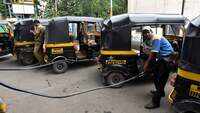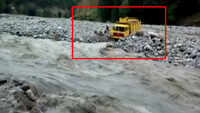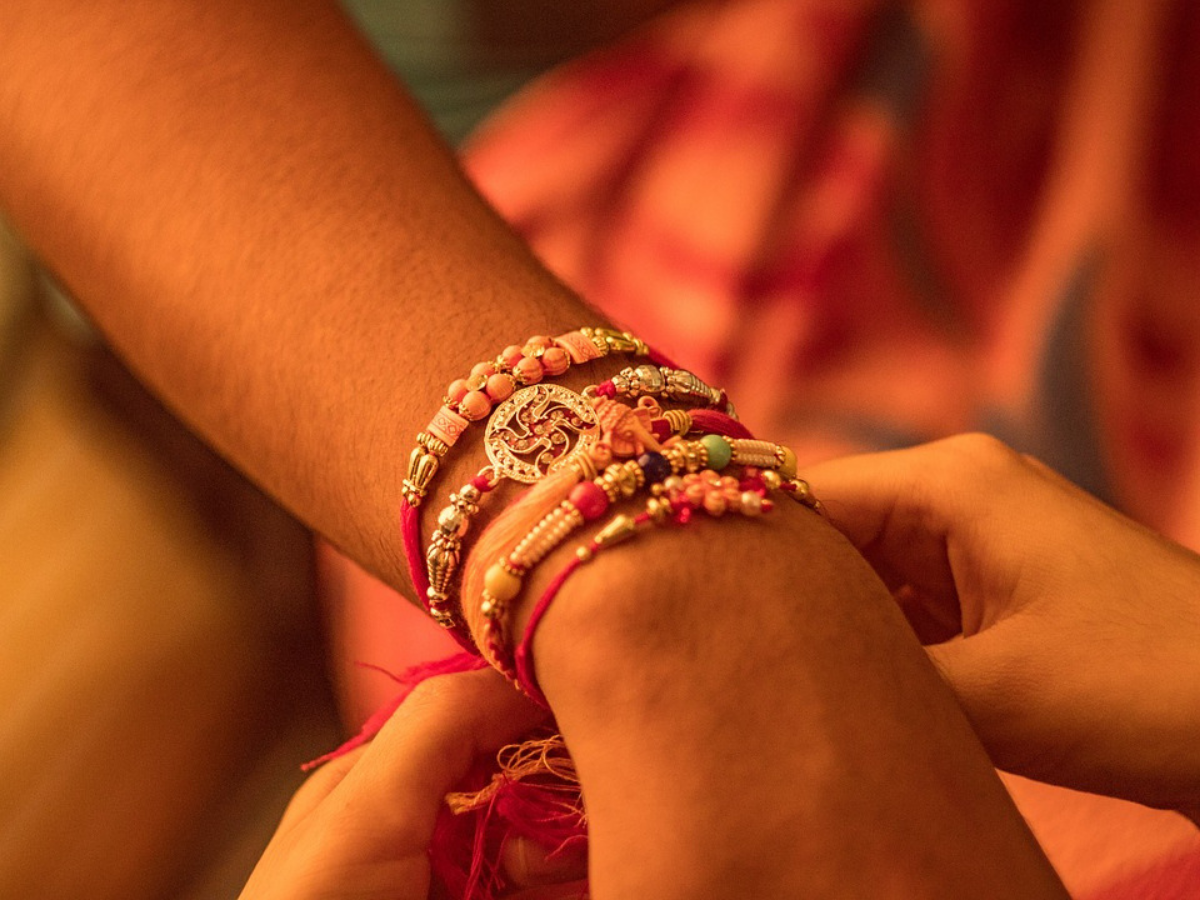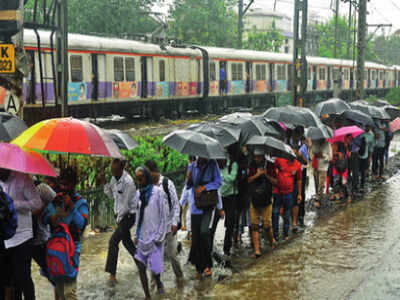
Does Mumbai need a coastal road or would it be better to preserve the character of its iconic seafront? How can decrepit buildings, which claim so many lives annually, be redeveloped on a larger scale? Can we approach the issue of open spaces more broadly as an index of air quality and health, in addition to viewing them as parks and recreation areas? What’s the best way to safeguard India’s financial hub against security threats?
Mumbai has given serious thought to these and similar questions over the past several years. But with the state’s assembly elections scheduled for October, now is the time to address them. We are at the cusp of many developments that will decide the city’s future. We need a public charter, or Manifesto for Mumbai, that will echo our aspirations and concerns.
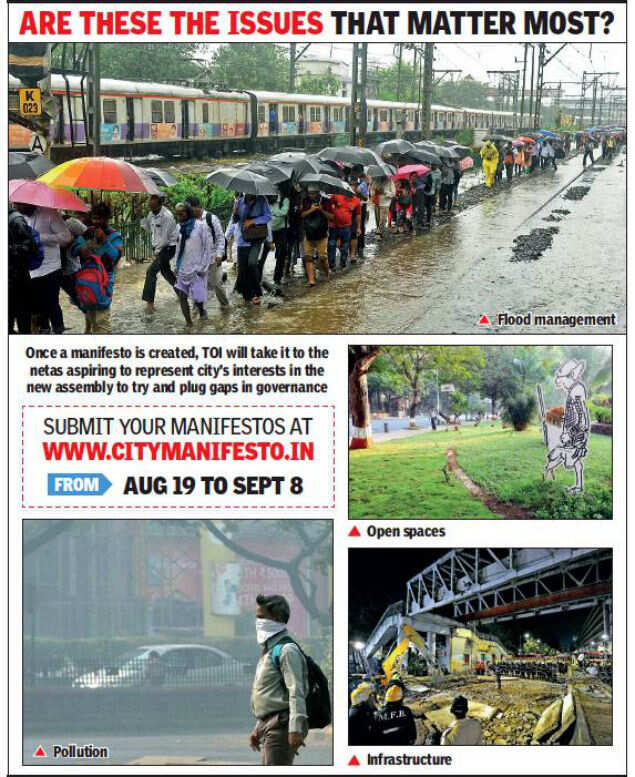
TOI feels citizens and their representative groups are the biggest stakeholders in the city’s future and are best equipped to frame such an agenda. So we invite readers to send in their entries between today (August 19) and September 8, listing out a set of priorities for the city. Crisp and sharp, yet detailed, is what our panel is looking for. At TOI, we will collate the best manifestos, create a charter on behalf of the city’s thinking minds, and then ask political parties to endorse it, fully or in part.
The manifestos you submit must be broadly representative in character. Any group, organization or individual representing a minimum of 50 people can submit one.
Campaign aims to plug gaps in Mumbai’s governance
Citizens’ groups like ALMs and NGOs, community organisations and linguistic-cultural groups engaged in societal work or even college unions could pitch in with their ideas.
Once the top ideas are shortlisted and a charter created, TOI will take it to political parties and their nominees wishing to represent the city’s interests in the new assembly. Not only will the paper ask them pointed questions about specifics in the charter, but individuals or group representatives whose ideas form a part of the charter will get to engage with party leaders, elected representatives and apparatchiks on platforms organised by TOI and pose questions on the document directly to netas. The campaign, essentially, is aimed at generating a public debate on the issues that matter most to us and to plug the gaps in governance.
“The buzzwords today are ‘housing for all’ and ‘ease of doing business’,” said Nayana Kathpalia, trustee of NGO NAGAR. “However, in both cases, lack of planning has resulted in environment and infrastructure being given the short shrift. Mumbai’s Development Plan-2034 is poor on planning. Flooding, traffic problems, no parking are all a result of poor planning.”
Since the idea is to resolve issues, TOI will also showcase any solutions, old, new or innovative, which parties and their reps put forward so that you, as a voter, can choose if you agree or disagree—and importantly choose whether you wish to place your faith in a certain political outfit or candidate when you go to the voting booth.
The manifestos you send, dear reader, could be related to the entire city, or even a part of it in case you have specific ideas for certain areas. But if it is for a part of the city, it would still have to be broad-based enough to represent similar concerns in other legislative seats or localities, so that the solution you present holds a model for others to emulate.
This would be participative democracy at its most robust—with not just political parties soliciting your votes for their agendas but Mumbaikars putting forward their own plan for parties to look at, and commit to.
Housing activist Salil Rameshchandran said, “This manifesto is a good idea. The housing industry is in the doldrums and one of the chief reasons is that the ready reckoner rate between 2012 and 2017 has doubled, making flats unaffordable. The government must reduce development charges and premium by at least 50%, otherwise redevelopment is not financially viable. It is offering conversion of government land to freehold, but again, premium for conversion is exorbitant. Premium of 5% may seem nominal but in rupee terms it is often in crores.”
In the days to come, we hope many of our readers will similarly put forward their views along with facts relevant to the issues they wish to raise and mail them to us. It’s time for the city to seek answers.
Mumbai has given serious thought to these and similar questions over the past several years. But with the state’s assembly elections scheduled for October, now is the time to address them. We are at the cusp of many developments that will decide the city’s future. We need a public charter, or Manifesto for Mumbai, that will echo our aspirations and concerns.

TOI feels citizens and their representative groups are the biggest stakeholders in the city’s future and are best equipped to frame such an agenda. So we invite readers to send in their entries between today (August 19) and September 8, listing out a set of priorities for the city. Crisp and sharp, yet detailed, is what our panel is looking for. At TOI, we will collate the best manifestos, create a charter on behalf of the city’s thinking minds, and then ask political parties to endorse it, fully or in part.
The manifestos you submit must be broadly representative in character. Any group, organization or individual representing a minimum of 50 people can submit one.
Campaign aims to plug gaps in Mumbai’s governance
Citizens’ groups like ALMs and NGOs, community organisations and linguistic-cultural groups engaged in societal work or even college unions could pitch in with their ideas.
Once the top ideas are shortlisted and a charter created, TOI will take it to political parties and their nominees wishing to represent the city’s interests in the new assembly. Not only will the paper ask them pointed questions about specifics in the charter, but individuals or group representatives whose ideas form a part of the charter will get to engage with party leaders, elected representatives and apparatchiks on platforms organised by TOI and pose questions on the document directly to netas. The campaign, essentially, is aimed at generating a public debate on the issues that matter most to us and to plug the gaps in governance.
“The buzzwords today are ‘housing for all’ and ‘ease of doing business’,” said Nayana Kathpalia, trustee of NGO NAGAR. “However, in both cases, lack of planning has resulted in environment and infrastructure being given the short shrift. Mumbai’s Development Plan-2034 is poor on planning. Flooding, traffic problems, no parking are all a result of poor planning.”
Since the idea is to resolve issues, TOI will also showcase any solutions, old, new or innovative, which parties and their reps put forward so that you, as a voter, can choose if you agree or disagree—and importantly choose whether you wish to place your faith in a certain political outfit or candidate when you go to the voting booth.
The manifestos you send, dear reader, could be related to the entire city, or even a part of it in case you have specific ideas for certain areas. But if it is for a part of the city, it would still have to be broad-based enough to represent similar concerns in other legislative seats or localities, so that the solution you present holds a model for others to emulate.
This would be participative democracy at its most robust—with not just political parties soliciting your votes for their agendas but Mumbaikars putting forward their own plan for parties to look at, and commit to.
Housing activist Salil Rameshchandran said, “This manifesto is a good idea. The housing industry is in the doldrums and one of the chief reasons is that the ready reckoner rate between 2012 and 2017 has doubled, making flats unaffordable. The government must reduce development charges and premium by at least 50%, otherwise redevelopment is not financially viable. It is offering conversion of government land to freehold, but again, premium for conversion is exorbitant. Premium of 5% may seem nominal but in rupee terms it is often in crores.”
In the days to come, we hope many of our readers will similarly put forward their views along with facts relevant to the issues they wish to raise and mail them to us. It’s time for the city to seek answers.
Quick Links
Lok Sabha Election Schedule 2019Lok Sabha Election NewsDelhi Capitals teamMI team 2019Rajasthan Royals 2019RCB team 2019Maharashtra Lok Sabha ConstituenciesBJP Candidate ListBJP List 2019 TamilnaduShiv Sena List 2019AP BJP List 2019Mamata BanerjeeBJP List 2019 MaharashtraPriyanka GandhiBJP List 2019 KarnatakaAMMK Candidate List 2019BJP List 2019 WBLok Sabha Elections in Tamil NaduBSP List 2019 UPNews in TamilLok Sabha Poll 2019Satta Matka 2018PM ModiMahagathbandhanNagpur BJP Candidate ListChandrababu NaiduTamil Nadu ElectionsUrmila MatondkarNews in TeluguMadras High CourtTejashwi YadavArvind KejriwalTejasvi SuryaPawan KalyanArvind KejriwalYogi AdityanathJaya PradaSatta King 2019Srinagar encounter
Get the app
